When you take metformin for type 2 diabetes, you’re likely doing everything right: watching your carbs, staying active, checking your blood sugar. But one thing many people don’t realize is that even a few drinks can turn a safe medication into a silent danger. The combination of metformin and alcohol doesn’t just cause a bad hangover-it can trigger lactic acidosis, a life-threatening condition that crashes your body’s pH balance and shuts down vital systems. And it doesn’t happen often-but when it does, it happens fast.
What Is Lactic Acidosis, and Why Does It Happen With Metformin?
Lactic acidosis isn’t just high lactic acid in your blood. It’s when your body can’t clear it fast enough, and your blood becomes too acidic. Normal blood lactate levels are below 2 mmol/L. When they hit 5 mmol/L or higher, you’re in danger. Symptoms include deep muscle pain, trouble breathing, nausea, vomiting, dizziness, and a rapid heartbeat. In severe cases, you can slip into coma or die within hours. Metformin lowers blood sugar by slowing down how much sugar your liver makes. But in doing that, it also slightly increases lactic acid production. Normally, your liver and kidneys clean up the extra acid. But when you add alcohol, things go wrong. Alcohol forces your liver to prioritize breaking down ethanol. To do that, it uses up NAD+, a key molecule your body needs to process lactic acid. So while metformin is making more lactic acid, alcohol is stopping your liver from removing it. The result? A dangerous pileup. This isn’t theoretical. A 2024 case report in PMC described a 65-year-old man with normal kidney function who developed lactic acidosis after drinking heavily-no pre-existing kidney disease, no other risk factors. Just metformin and alcohol.The Numbers Don’t Lie-But They’re Not What You Think
You might hear that lactic acidosis from metformin is “rare.” That’s true. About 0.03 cases happen per 1,000 people taking metformin each year. That’s less than 1 in 3,000. But rarity doesn’t mean safety. The death rate for those who develop it? Between 30% and 50%. That’s higher than most heart attack survival rates. Compare that to phenformin, metformin’s older cousin. It was pulled off the market in 1978 because it caused lactic acidosis in 40-64 cases per 100,000 people per year. Metformin is about 100 times safer. But that doesn’t mean it’s risk-free. Especially when alcohol is involved. The FDA has put a black box warning on metformin-the strongest possible alert. It says: “Warn against excessive alcohol intake.” No definition of “excessive.” No safe limit. Just a warning. And for good reason.Alcohol Isn’t Just a Risk Factor-It’s a Trigger
Most doctors tell patients to avoid binge drinking. But what does that mean? Four drinks in two hours for women? Five for men? That’s the CDC’s definition. But here’s the problem: even one or two drinks can be risky if you’re fasting, dehydrated, or have even mild kidney stress. A 2023 survey by GoodRx found that 78% of metformin users cut back or quit alcohol because they were scared of side effects. And 42% specifically mentioned lactic acidosis as their main fear. That’s not paranoia. That’s awareness. Real stories back this up. One user on Reddit described having 10 shots at a bachelor party and waking up unable to breathe, muscles locked up. Emergency room blood tests showed lactate at 6.2 mmol/L. Another person on Healthline reported muscle cramps and a racing heart after six beers. Both needed IV fluids and hospitalization. What’s scary is how often people ignore early signs. A 2023 analysis found 68% of patients thought their symptoms-nausea, fatigue, muscle pain-were just a hangover. They waited too long. By the time they went to the ER, they were in full metabolic crisis.Who’s at Highest Risk?
Kidney problems are the biggest known risk factor. Metformin is cleared by your kidneys. If your eGFR (kidney function number) drops below 30, you shouldn’t take it at all. Between 30 and 45, your doctor might reduce your dose. But here’s the twist: many cases of alcohol-triggered lactic acidosis happen in people with perfectly normal kidney function. Other risk boosters:- Chronic heavy drinking
- Fasting or skipping meals while drinking
- Dehydration
- Advanced age (over 65)
- Liver disease
- Recent surgery or serious infection
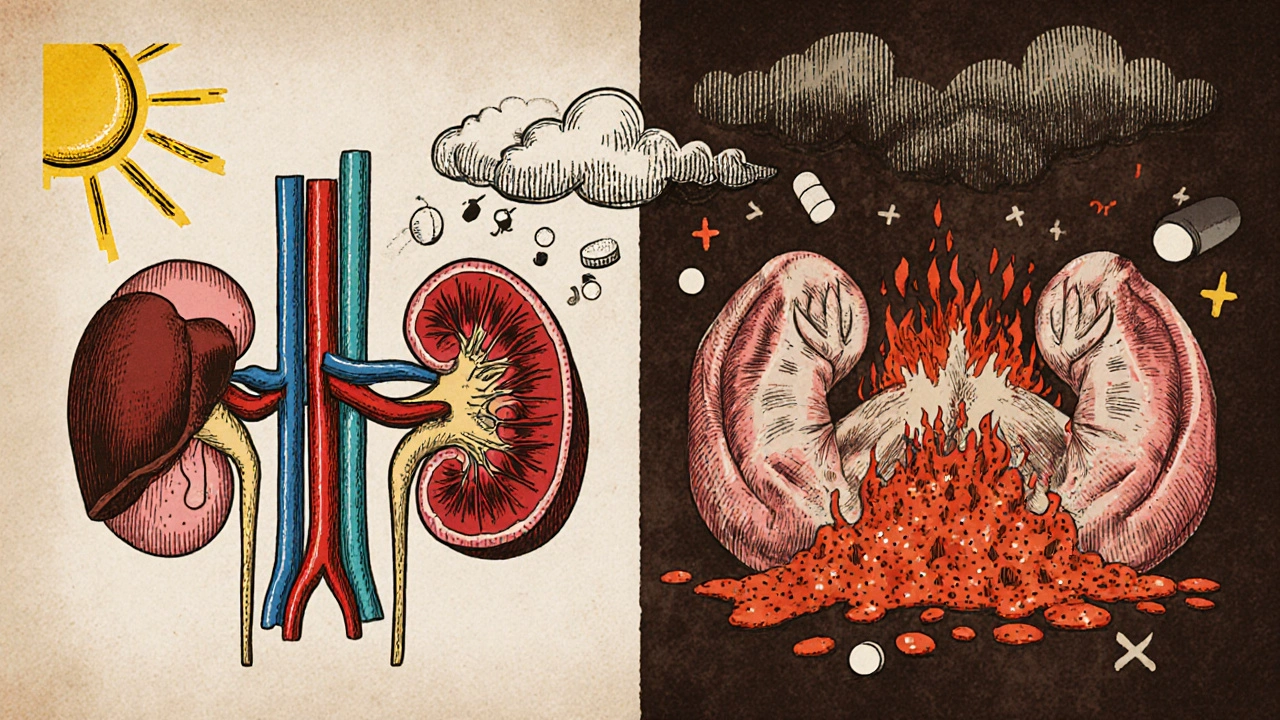
What About Moderate Drinking?
Some doctors say one drink a day for women, two for men is “probably okay.” But here’s the truth: there’s no solid research proving that’s safe. The American Diabetes Association says to avoid “excessive” alcohol-but doesn’t define it. So you’re left guessing. Dr. Robert A. Rizza from Mayo Clinic says moderate drinking might be fine for some people with healthy kidneys and no other risks. But he adds: “Any pattern of binge drinking or chronic heavy use creates a potentially dangerous situation.” The safest advice? Don’t drink at all during the first 4-8 weeks of starting metformin. Your body is adjusting. Then, if you choose to drink, stick to one drink max, eat food first, and never drink on an empty stomach. And never, ever binge.Other Hidden Risks You Might Not Know
Metformin and alcohol both drain your vitamin B12. Long-term metformin users have a 7-10% chance per year of developing a deficiency. Alcohol makes it worse. Low B12 can cause numbness, tingling, memory loss, and even nerve damage-symptoms that look like diabetic neuropathy. So if you’re feeling more tired or numb than usual, it’s not just your diabetes. It could be B12. Also, both metformin and alcohol irritate your stomach. Combine them, and nausea, diarrhea, and vomiting get worse. That’s not just discomfort-it can lead to dehydration, which further stresses your kidneys and raises lactic acid risk.What Should You Do?
If you take metformin, here’s your action plan:- Don’t drink binge-style. Four or more drinks in two hours? That’s a red flag.
- Never drink on an empty stomach. Always eat food with alcohol.
- Know the symptoms. Unusual muscle pain? Trouble breathing? Nausea that won’t go away? Don’t wait. Go to the ER.
- Get your kidney function checked yearly. Even if you feel fine.
- Ask about B12 levels. If you’ve been on metformin for more than 3 years, get tested.
- Consider alternatives. If you drink regularly, talk to your doctor about other diabetes meds like SGLT2 inhibitors or GLP-1 agonists. They don’t carry this risk.
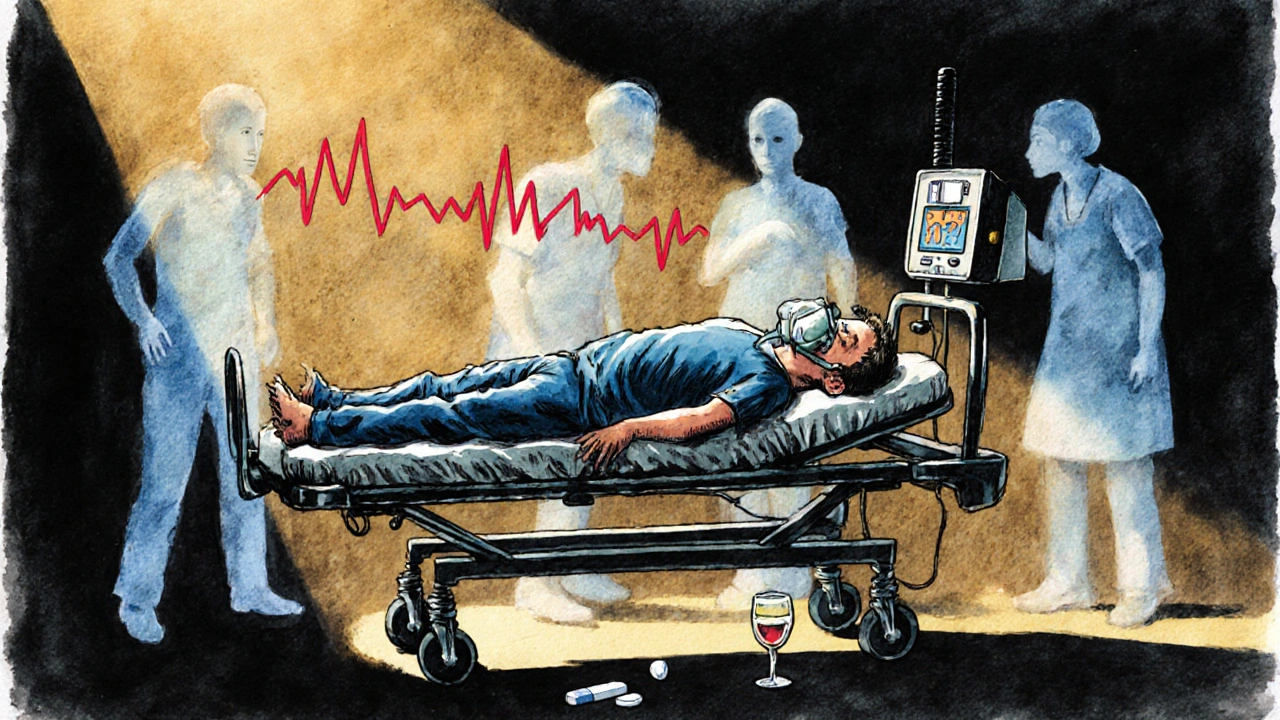
What’s Next? New Research, New Answers
A major study called the MALA-Prevention Study started in January 2024. It’s tracking 5,000 metformin users to find out exactly how much alcohol is too much. Results won’t come until late 2025. Until then, we’re flying blind. Experts like Dr. Silvio Inzucchi from Yale say we need better guidelines-not vague warnings, but clear numbers. Until then, err on the side of caution.Frequently Asked Questions
Can I have one glass of wine with dinner while taking metformin?
Some doctors say yes, if you have normal kidney function and don’t drink often. But there’s no proof it’s completely safe. If you choose to drink, limit it to one glass, eat food first, and never make it a daily habit. Watch for symptoms like unusual tiredness, muscle pain, or nausea. If they happen, stop drinking and call your doctor.
Is lactic acidosis the same as diabetic ketoacidosis?
No. Diabetic ketoacidosis (DKA) happens when your body burns fat for fuel because it lacks insulin, creating ketones. Lactic acidosis is caused by a buildup of lactic acid, often from medications like metformin combined with alcohol or illness. DKA is more common in type 1 diabetes. Lactic acidosis is rare but more likely in type 2 diabetes patients on metformin who drink heavily.
What are the first signs of lactic acidosis?
Early signs include muscle pain or weakness, rapid breathing, nausea, vomiting, stomach pain, dizziness, and feeling unusually tired. These can feel like a bad hangover. But if they don’t go away after a few hours-or get worse-seek emergency care. Don’t wait.
Does metformin cause liver damage?
No, metformin doesn’t cause liver damage. In fact, it’s often used in people with fatty liver disease because it can help improve liver function. But if you already have liver disease, alcohol can make things worse-and combine with metformin to increase lactic acid risk. Your liver needs to work well to clear lactic acid. If it’s damaged, your risk goes up.
Are there diabetes medications safer than metformin if I drink alcohol?
Yes. Medications like SGLT2 inhibitors (e.g., empagliflozin) and GLP-1 receptor agonists (e.g., semaglutide) don’t carry a lactic acidosis risk. They work differently and have different side effects-mostly digestive or urinary. If you drink regularly and are concerned about metformin, talk to your doctor about switching. Your blood sugar control can stay just as good-or better.
How long after drinking alcohol is it safe to take metformin?
There’s no set waiting period. Alcohol clears from your system in about 1-2 hours per drink, but its effect on lactate clearance lasts longer. If you’ve had more than one drink, wait at least 12 hours before taking your next metformin dose. If you’ve binge-drunk, skip your dose and check in with your doctor. Better safe than sorry.

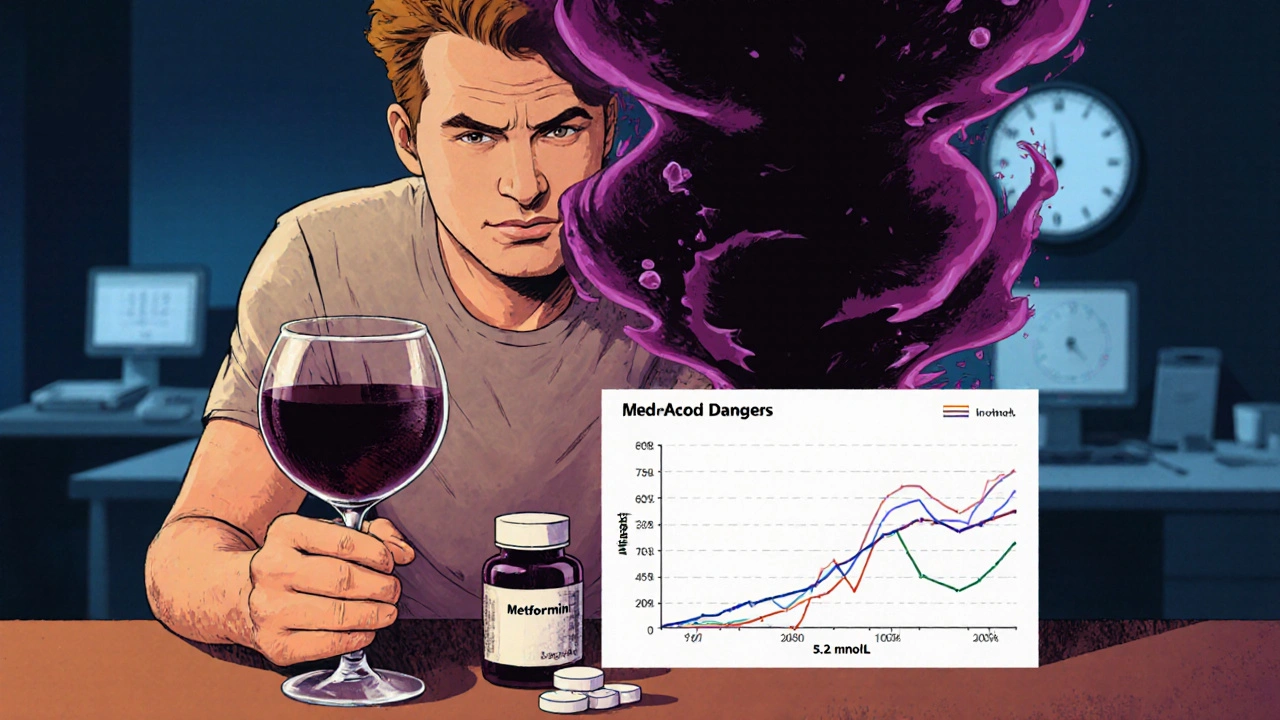
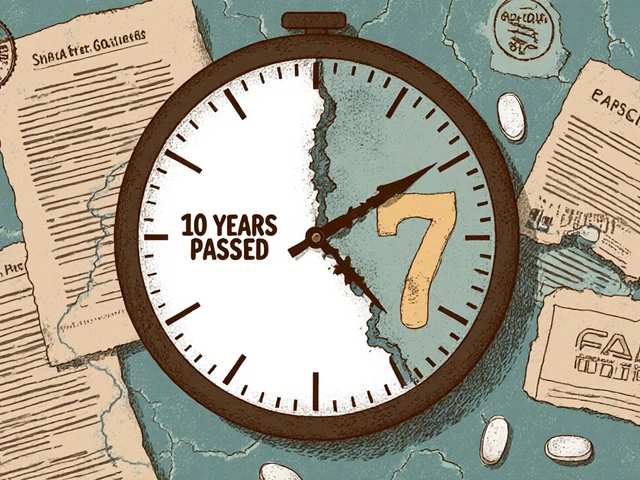
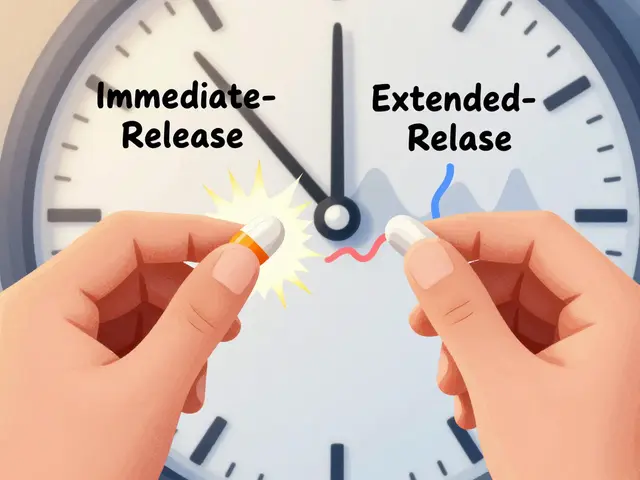

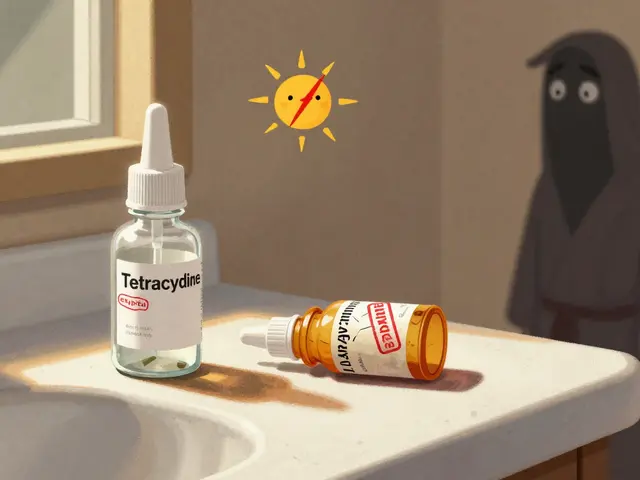



Angela Gutschwager
19 Nov 2025 at 21:33One drink. Just one. I did it. Woke up feeling like my muscles were wrapped in barbed wire. ER. Lactate 6.1. Don't be me. 😫